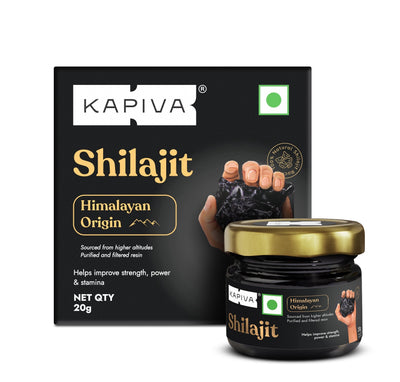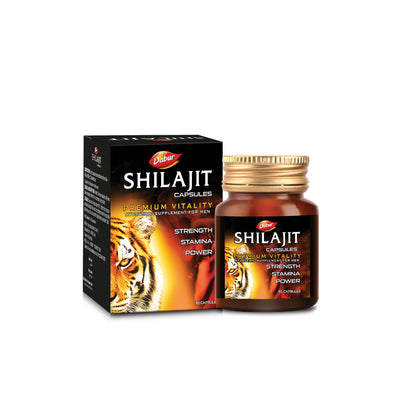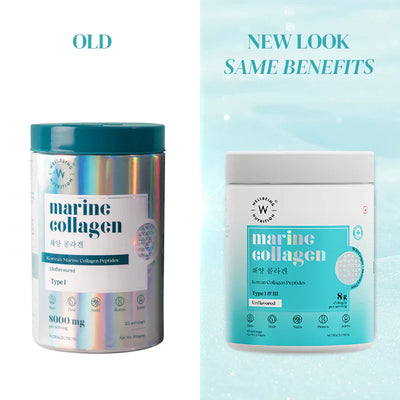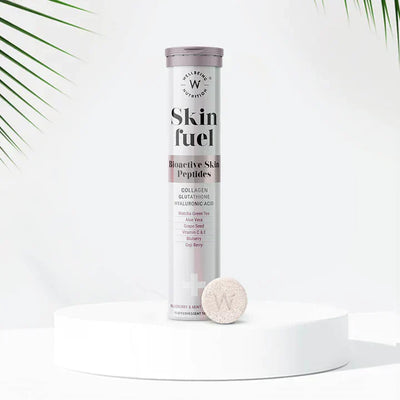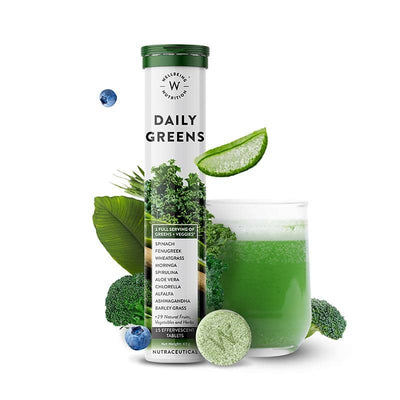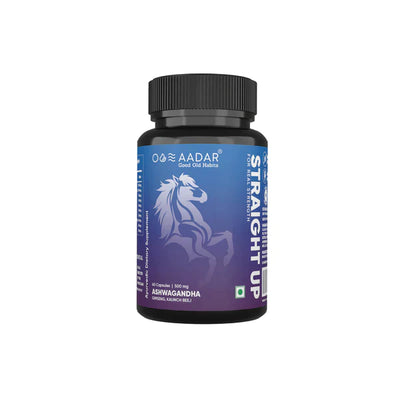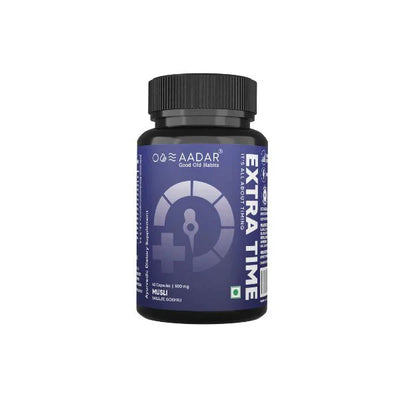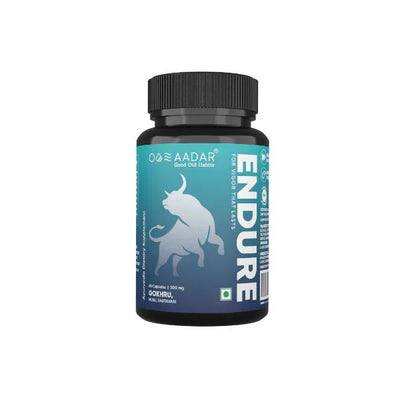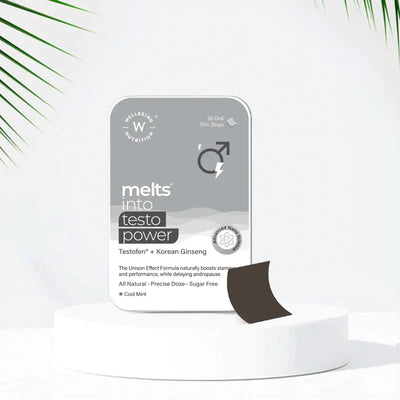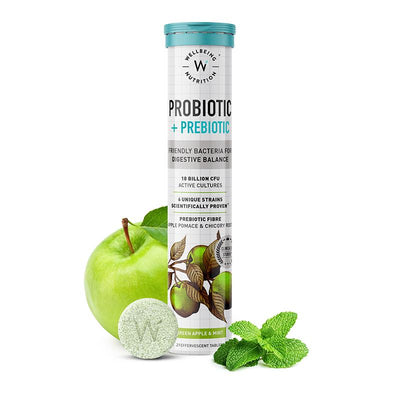ما يجب وما لا يجب فعله عند تناول المكملات الغذائية
ربما سمعتَ وقرأتَ عن فوائد المكملات الغذائية، وقد يبدو تناولها هو الحل الأمثل. حبةٌ هنا وحبةٌ هناك، لا شك أنها تُفيدك. لكن الحقيقة بعيدة كل البعد عن ذلك.
تُعدّ المكملات الغذائية من أكثر المنتجات الصحية التي يتم تسويقها بشكل مبالغ فيه، مع وجود آلاف العلامات التجارية للاختيار من بينها. ليست جميع المكملات الغذائية متساوية، وإذا لم تكن بحاجة إليها حقًا، فقد لا تستفيد من تناولها. بل على العكس، قد تكون ضارة بجسمك.
إليك قائمة Valeo بما يجب وما لا يجب فعله للعثور على طريقك في عالم المكملات الغذائية:

قم بإجراء بحثك أولاً
مع هذا الكم الهائل من المكملات الغذائية المعروضة، كيف يمكنك تحديد ما تستخدمه ومتى؟ غالبًا ما يشتري الناس مكملات غذائية عامة من السوق، دون أن يفهموا سبب استخدامها، ولا يشعرون بأقل فائدة منها.
هناك جانبٌ أكثر غموضًا، وهو أن الناس ببساطة لا يعرفون كيفية إنتاج هذه المكملات الغذائية وما تحتويه بالضبط. ما هي معايير الإنتاج، وما هي جودة مكوناتها، وما هي جودة الأبحاث المتعلقة باستخدامها؟ العديد منها آمن، وربما فعال إلى حد ما، لكن بعضها الآخر ليس كما يبدو. من الجيد جدًا العمل مع متخصص على دراية بسوق المكملات الغذائية وفهمه، شخصٌ مهمته إجراء البحث والتحقق نيابةً عنك.
هذا بالضبط ما يمكن أن يقدمه لك العديد من مدربي الصحة في فاليو، بدءًا من تحديد ما إذا كنتَ بحاجة إلى المكملات الغذائية أصلًا. مع برنامج فحص الدم من فاليو، يمكنكَ متابعة ما إذا كنتَ بحاجة إلى مكمل غذائي، وما إذا كان فعالًا، وما إذا كان له التأثير المطلوب على صحتكَ العامة. هذا مهمٌّ بشكل خاص لتجنب الإفراط في تناول المكملات الغذائية عن طريق الاستمرار في تناول شيءٍ ما دون فهم عواقبه على المدى الطويل.
إذا كنت ترغب في خوض هذه العملية دون استشارة طبية، فحاول شراء مكملات غذائية معتمدة بشكل مستقل أو تواصل مع الشركة المصنعة للحصول على مزيد من المعلومات قبل اختيار منتجها. يجب على الشركات المصنعة أن تكون شفافة تمامًا بشأن عملية إنتاجها وقاعدة الأدلة الخاصة بها.
لا تقع في فخ خبراء المكملات الغذائية
إن نهج "لقد ساعدني، لذا يجب أن يساعدك" في تناول المكملات الغذائية هو ما أسميه "سوق الخبراء". هنا حيث ينجح شيء ما لشخص واحد، وبالتالي فهو رائع للجميع. هذا أبعد ما يكون عن الحقيقة. نمط الحياة، والتغذية، والرفاهية، والصحة يمكن، بل يجب، أن تكون فردية. هذه ليست حياة واحدة تناسب الجميع، إنها حياتك بمشاكلك وأهدافك. يجب أن تكون مكملاتك الغذائية مصممة خصيصًا لاحتياجاتك أيضًا.

لا تتناول المكملات العشبية باستخفاف
على الرغم من تسويقها على أنها طبيعية، بدون آثار جانبية، إلا أن المكملات العشبية يمكن أن تكون شديدة التفاعل. يمكن أن تكون الأعشاب مواد قوية وحتى كميات كبيرة من الأدوية الصيدلانية الشائعة مشتقة من النباتات والأعشاب.
أشارت دراسة نُشرت عام ٢٠١٥ في مجلة نيو إنجلاند الطبية إلى أن حوالي ٢٣ ألف زيارة لقسم الطوارئ في الولايات المتحدة الأمريكية ناتجة عن ردود فعل سلبية للمكملات الغذائية. وأكثر المكملات العشبية شيوعًا التي تسبب ردود فعل سلبية هي تلك التي تُسوّق لـ:
- فقدان الوزن
- تعزيز القدرة الجنسية
- ينام
- الملينات
- كمال الأجسام
والمكملات الغذائية الأكثر شيوعا من الفيتامينات والمعادن التي تسبب ردود الفعل هي:
- الفيتامينات المتعددة
- المعادن
- حديد
– الكالسيوم
– البوتاسيوم
ومما يزيد الأمر تعقيدًا، أن الأبحاث الحديثة تُظهر أن ثلث المكملات العشبية المختبرة لم تحتوي على أي دليل على وجود العشبة المذكورة فيها. يتطلب فهم العلاجات العشبية مهارةً وتدريبًا وبحثًا مكثفًا. ولذلك، أرى أن المكملات العشبية تُفضّل تحت إشراف شخص مُدرّب أو معالج أعشاب يعرف ويفهم تمامًا ما ينصح به.
ضع هذه النصائح السبعة في الاعتبار عند تناول المكملات الغذائية
1. فهم سبب تناولك للمكملات الغذائية.
2. فهم مدى فعاليته وكيفية تصنيعه.
3. إذا كنت تتناول مكملًا غذائيًا لعلاج نقص التغذية، فتأكد من إعادة الاختبار لمعرفة ما إذا كان قد نجح وتجنب الإفراط في تناول المكملات.
4. ألق نظرة على نظامك الغذائي لمعرفة ما إذا كان يساهم في نقص التغذية لديك
٥. تناول مكملًا غذائيًا جديدًا واحدًا فقط في كل مرة. سيساعدك هذا على فهم ما إذا كنت تشعر بتحسن، أو بتدهور، أو لا يوجد أي فرق.
6. تناول الجرعة الموصى بها فقط ما لم ينصحك بها أخصائي على وجه التحديد
7. توقف عن تناول المكملات الغذائية إذا واجهت أي آثار جانبية.
اطلب المشورة الطبية المهنية
يجب على أي شخص يخضع لإشراف طبي لحالة طبية محددة، أو يتناول أدوية موصوفة، استشارة طبيب مختص قبل استخدام المكملات الغذائية. تختلف آراء الأطباء حول المكملات الغذائية، لذا تأكد من دعم أي نصيحة تتبعها بأبحاثك الخاصة.
توصي شركة فاليو أيضًا بأن يطلب الأفراد التاليون المشورة المهنية قبل استخدام المكملات الغذائية:
• أي شخص يخضع لعلاج السرطان
• أي شخص يتناول أدوية مثبطة للمناعة، مثل من خضعوا لعمليات زرع أعضاء.
• أي شخص عانى أو من المحتمل أن يعاني من رد فعل تحسسي
• أي شخص حامل أو مرضعة
• أي شخص يتلقى العلاج من أمراض الكبد أو الكلى
• أطفال
لا تفوت أفضل المكملات الغذائية
لقد اكتسبتُ ثقةً عميقةً وفهمًا عميقًا من خلال العمل مع العديد من مُصنِّعي المُكمِّلات الغذائية على مر السنين. ليس لديّ أي مصلحة مالية في هذه العلاقة سوى مُشاركتهم أبحاثهم، ومن خلال ذلك، أُحسِّن فهمي للمُكمِّلات الغذائية وأُقدِّم نصائحَ قيّمةً حول هذا الموضوع.
مع ذلك، نصيحتي هي لأفضل المكملات الغذائية.
- المكملات الغذائية المتعددة الفيتامينات والمعادن هي تناول طعام صحي طازج.
- أفضل المكملات الغذائية التي تحتوي على البروتين والحديد هي شرائح اللحم التي تتغذى على المراعي.
- أفضل مكمل للترطيب هو شرب مزيج من الملح الحقيقي وعصير الليمون والماء.
- أفضل مكمل للنوم هو الحصول على ضوء الشمس في الصباح والظلام في المساء.
جيمي ريتشاردز - رئيس قسم الصحة والسلامة في شركة فاليو

